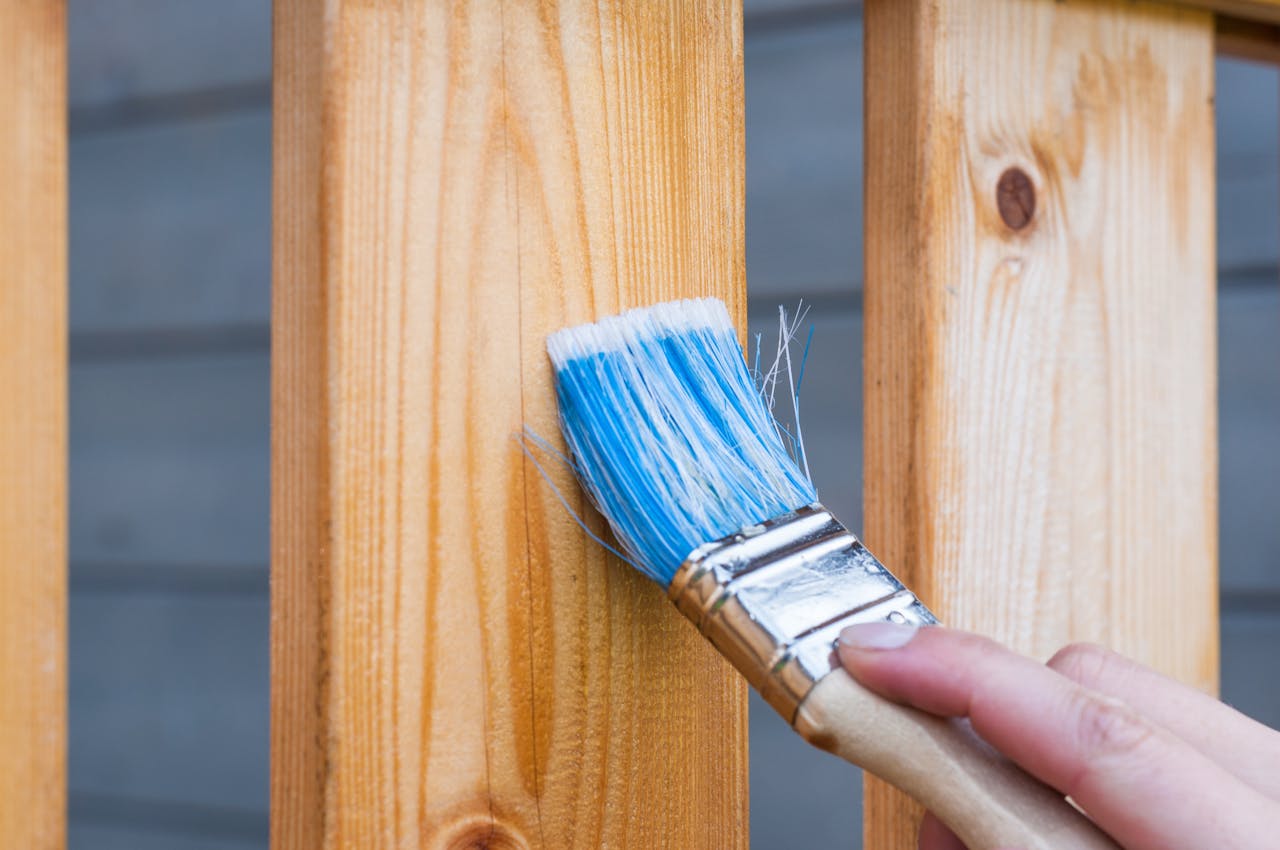Galvanized fences are known for their durability and resistance to rust and corrosion. However, there may be instances where you want to change the color of your galvanized fence or add a decorative touch to match your outdoor aesthetics. Can you paint a galvanized fence? The answer is yes, but there are a few important factors to consider and steps to follow to ensure a successful and long-lasting paint job. In this blog post, we will explore the process of painting a galvanized fence and provide you with essential tips to achieve a beautiful and durable finish.
- Surface Preparation
Proper surface preparation is key to ensure good adhesion and longevity of the paint. Follow these steps
- Clean the fence Remove any dirt, dust, or grease from the galvanized fence using a mild detergent and water. Rinse thoroughly and allow it to dry completely.
- Remove rust spots If you notice any rust spots on the fence, use a wire brush or sandpaper to remove them. It’s important to eliminate any rust before painting to prevent further corrosion.
- Primer Selection
Galvanized metal requires a specific type of primer that is designed to bond to the smooth, non-porous surface of the galvanized coating. Look for a high-quality primer specifically labeled for galvanized metal. This primer will create a suitable surface for the paint to adhere to and enhance its durability. - Paint Application
When it comes to painting a galvanized fence, there are a few options to consider
- Galvanized metal paint Some manufacturers offer paints specifically formulated for galvanized surfaces. These paints contain special ingredients that promote adhesion to the galvanized coating. Choose a high-quality paint that is designed to withstand outdoor conditions and provides long-lasting protection.
- Oil-based or epoxy-based paint If you prefer to use traditional oil-based or epoxy-based paint, it’s crucial to apply a suitable primer designed for galvanized surfaces first. This will ensure proper adhesion and improve the paint’s longevity.
- Painting Technique
Follow these guidelines for a successful paint application
- Stir the paint thoroughly before use to ensure a consistent color and texture.
- Use a high-quality brush or sprayer suitable for the type of paint you’ve chosen. A sprayer may provide a smoother and more even finish.
- Apply the paint in thin, even coats, allowing sufficient drying time between coats as specified by the manufacturer.
- Work methodically, covering one section at a time, to ensure consistent coverage.
- Maintenance and Care
Once you have painted your galvanized fence, it’s important to maintain it properly for long-lasting results. Regularly inspect the painted surface for any signs of damage or peeling, and make any necessary touch-ups or repairs promptly. Clean the fence periodically with a mild detergent and water to remove dirt or debris that may affect the paint’s appearance.
While galvanized fences are highly resistant to rust and corrosion, painting them is indeed possible with the right preparation and paint selection. By following the steps outlined above, including thorough surface preparation, using a suitable primer, and applying the paint correctly, you can achieve a beautiful and durable finish on your galvanized fence. Remember to choose high-quality materials, practice proper painting techniques, and perform regular maintenance to keep your painted galvanized fence looking great for years to come.







